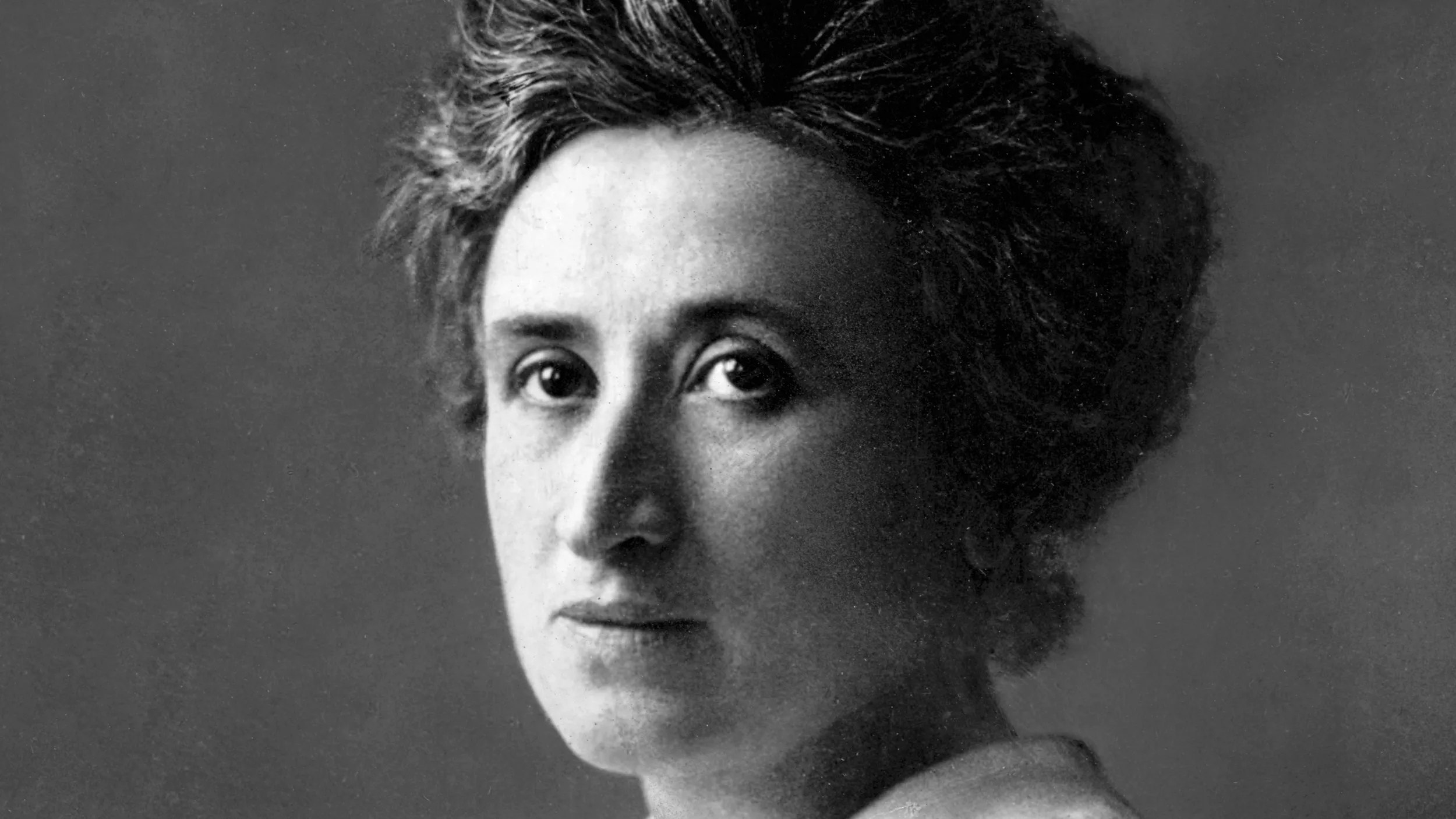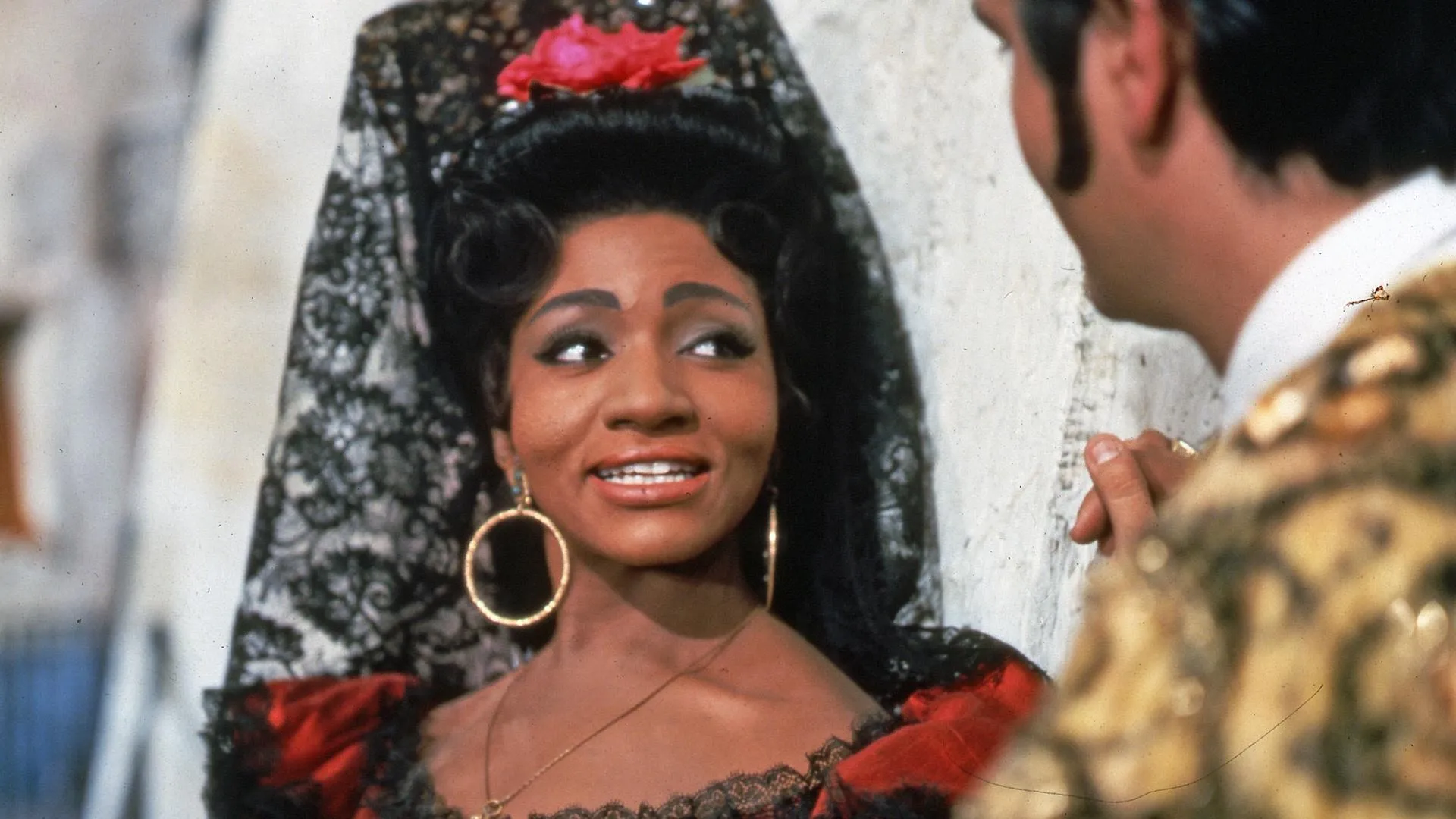The Life and Legacy of Rosa Luxemburg
Marxist theorist, social activist, and anti-war revolutionary.

Portrait of Rosa Luxemburg, ca. 1905.
Wikimedia Commons
Apr 14, 2025
KEY POINTS FROM THIS ARTICLE:
- A rare Simon & Halbig doll modeled after Rosa Luxemburg is identified by appraiser Billye Harris as a mid-1910s exhibit piece with ties to socialist history.
- The doll honors Luxemburg’s legacy as a Marxist theorist and anti-war revolutionary whose writings and activism continued to influence global socialism after her 1919 death.
During ANTIQUES ROADSHOW’s visit to THE MARYLAND ZOO in JUNE 2024, a guest named Linda brought in a striking doll with long blonde hair and soft eyes that she inherited from her grandmother. Dolls appraiser Billye Harris informed Linda that the doll was made by German company, Simon & Halbig, made in the mid-1910s to be an exhibit doll in the image of Rosa Luxemburg.
But who was Rosa Luxemburg?
Marxist Theorist, Social Activist, Revolutionary
Luxemburg was a Marxist theorist, social activist, and revolutionary who lived and worked in Europe in the late 19th and early 20th centuries. Born on March 5, 1871, in Zamość, Poland, she was the youngest of five children in a Jewish family of timber merchants. Rosa showed academic promise from an early age, securing a position at a school in Warsaw for daughters of the Russian elite, where she excelled. It was around this time that Rosa became interested in left-wing socialist politics in Poland.
In 1889, at the age of 18, Rosa moved to Switzerland and enrolled at the University of Zurich, where she earned a doctorate in economics in 1897. There, Rosa also pursued studies in philosophy and law, solidifying a foundational belief that she would advocate throughout her life: that the working classes could only achieve true freedom from bourgeois oppression through the full eradication of capitalism and its pervasive social, political, economic, and ethical consequences.
Luxemburg wrote hundreds of articles, pamphlets, and letters on the topic, as well as warnings regarding the social and political implications of the expansion of capitalism into non-capitalist countries. In 1913, while teaching at the Social Democratic Party School in Berlin, she published these ideas in a pamphlet titled “The Accumulation of Capital.”
Even as Rosa worked to unite the working class and socialist thinkers against Germany’s growing militarization, in 1914 the Socialist Democratic Party of Germany voted to financially support World War I. In retaliation, under the pseudonym Junius, Rosa wrote the "Junius Pamphlet," a harsh critique of the war.
By 1916, Luxemburg’s outspoken anti-war rhetoric landed her in prison. Upon her release in November 1918, she joined the angry protests and riots across Germany demanding a democratic republic. On January 15, 1919, Rosa and fellow activist Karl Liebknecht were apprehended by members of Freikorps, a German anti-revolutionary paramilitary group. The pair were arrested, beaten, and shot. Rosa’s body was thrown in a river. She was 48 years old.
Despite Rosa’s death, her contributions to the Socialist cause were not forgotten. After her death, Lenin called her an “eagle” and wrote that her memory would be cherished. At her funeral, her close friend and fellow activist Clara Zetkin said, “Rosa Luxemburg gave to Socialism all she had to give; no words can ever express the strength of her will … and the devotion with which she served the cause.”
Related info
For more information about Rosa Luxemburg:
• The Life of Rosa Luxemburg
• Rosa Luxemburg
• Towards Emancipation: Women in modern European history
• Spartacus League
• Rosa Luxemburg’s Legacy for Feminism
Melanie Albanesi is a digital producer for ANTIQUES ROADSHOW and a frequent content contributor to the series website. She has been a producer with the series since 2019.


